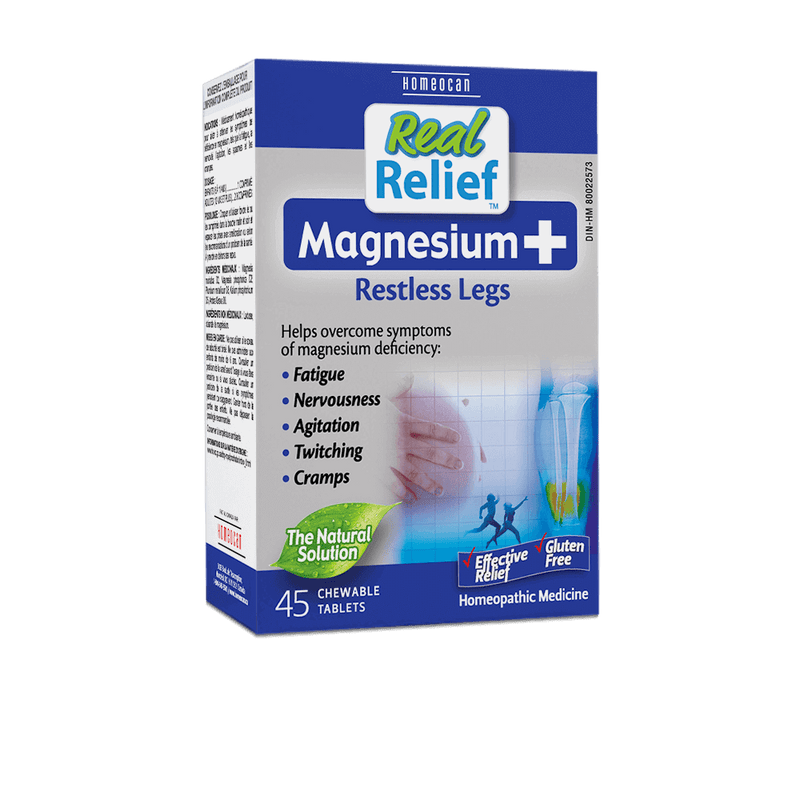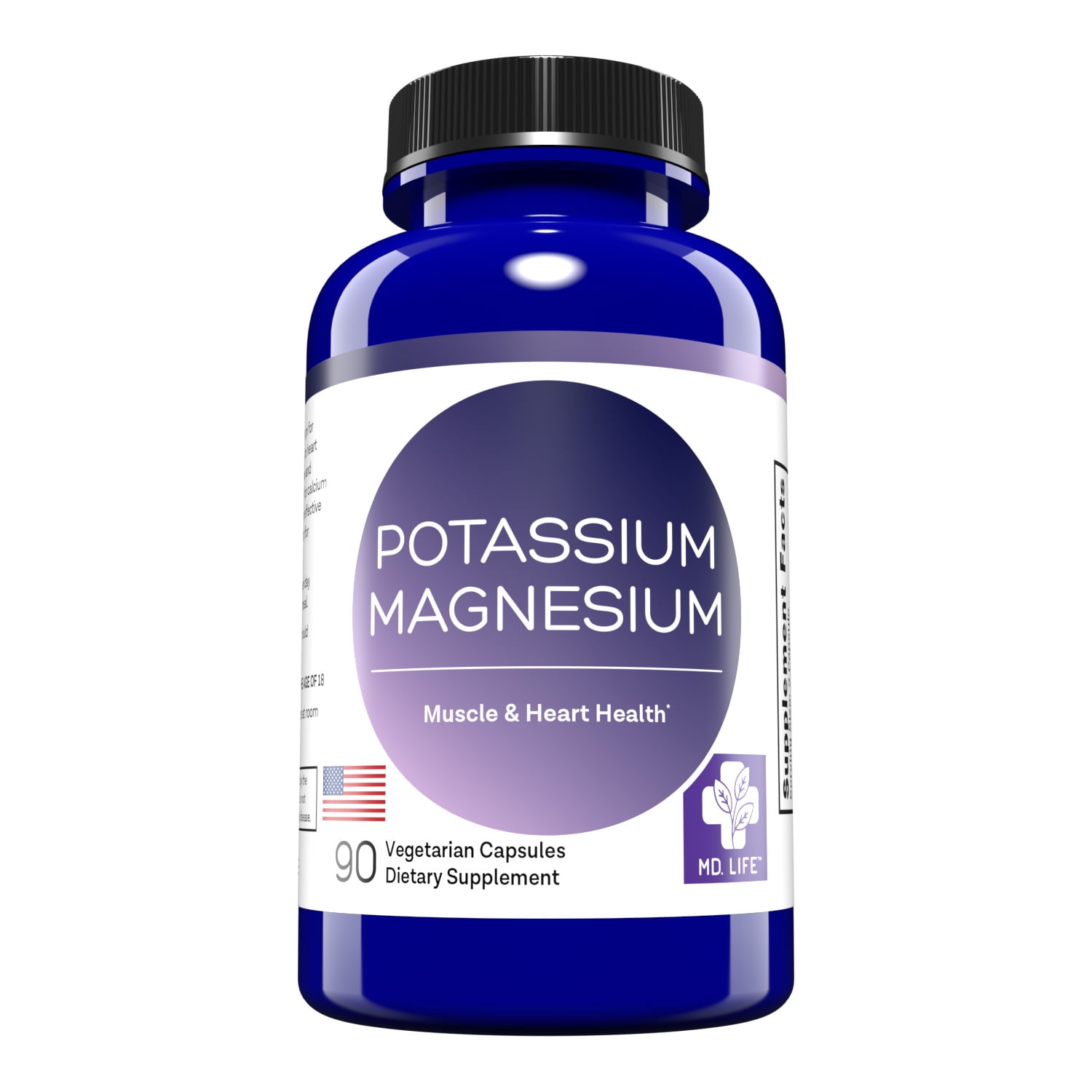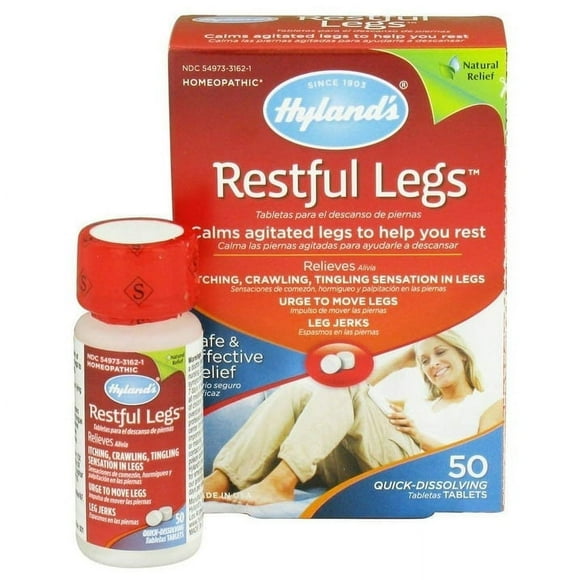Best Magnesium Supplement For Restless Legs

Imagine lying in bed, ready to drift off to sleep, only to be jolted awake by an inexplicable urge to move your legs. It’s a creeping, crawling sensation that disrupts your peace and keeps you tossing and turning. For many, this is the nightly reality of Restless Legs Syndrome (RLS), a condition that can significantly impact sleep and overall quality of life.
This article explores the potential benefits of magnesium supplementation for managing RLS symptoms. We'll delve into different forms of magnesium, their absorption rates, and evidence-based insights to help you make informed decisions about whether this mineral might be the key to unlocking a more restful night's sleep.
Understanding Restless Legs Syndrome
RLS is a neurological disorder characterized by an irresistible urge to move the legs, often accompanied by uncomfortable sensations like tingling, itching, or pulling. These symptoms typically worsen in the evening or at night, making it difficult to fall asleep and stay asleep.
While the exact cause of RLS remains unknown, research suggests a combination of genetic and environmental factors may be at play. Iron deficiency, dopamine imbalances, and certain medical conditions are often associated with RLS.
According to the Restless Legs Syndrome Foundation, RLS affects up to 10% of the U.S. population. This staggering number highlights the widespread impact of this often-misunderstood condition.
Magnesium: A Potential Ally Against RLS
Magnesium is an essential mineral involved in hundreds of bodily functions, including nerve transmission, muscle relaxation, and sleep regulation. Some researchers believe that magnesium deficiency may contribute to RLS symptoms.
It's important to note that the National Institutes of Health (NIH) reports that while some studies suggest a link between magnesium and RLS relief, the evidence is not conclusive, and more research is needed. However, many individuals with RLS have found relief through magnesium supplementation.
Magnesium's role in muscle relaxation and nerve function is why it's often considered a potential remedy. By promoting relaxation, magnesium could help alleviate the uncomfortable sensations and the urge to move associated with RLS.
Different Forms of Magnesium for RLS
Not all magnesium supplements are created equal. The bioavailability, or how well the body absorbs and utilizes magnesium, varies depending on the form.
Magnesium citrate is a commonly available form that is generally well-absorbed. It is often used for its laxative effect, so starting with a low dose is advisable.
Magnesium oxide is a less expensive form, but it is also poorly absorbed by the body. It might not be the most effective option for addressing magnesium deficiency.
Magnesium glycinate is often considered one of the best forms for supplementation due to its high bioavailability and gentle effect on the stomach. Glycine, an amino acid, can also promote relaxation and sleep.
Magnesium L-threonate is a newer form that has shown promise in animal studies for its ability to cross the blood-brain barrier. This suggests it might have cognitive benefits, but more research is needed to confirm its effectiveness for RLS.
Magnesium sulfate, also known as Epsom salt, can be absorbed through the skin. Taking an Epsom salt bath before bed can be a relaxing way to increase magnesium levels.
How to Choose the Right Magnesium Supplement
Selecting the right magnesium supplement requires careful consideration. It's important to consider your individual needs and consult with your healthcare provider.
Dosage: Start with a low dose and gradually increase it until you find the optimal amount that provides relief without causing side effects such as diarrhea. The recommended daily intake of magnesium for adults is around 310-420 mg, according to the NIH.
Form: Choose a form that is well-absorbed, such as magnesium glycinate or magnesium citrate. Avoid magnesium oxide, as it is poorly absorbed. Consider magnesium L-threonate if you are interested in potential cognitive benefits, but be aware that research on its effectiveness for RLS is limited.
Other Ingredients: Check the label for any added ingredients, such as fillers, binders, or artificial colors. Opt for supplements with minimal additives.
Third-Party Testing: Look for supplements that have been tested by a third-party organization, such as NSF International or USP. This ensures that the product contains the ingredients listed on the label and is free from contaminants.
Lifestyle Changes to Complement Magnesium Supplementation
Magnesium supplementation can be a helpful tool in managing RLS, but it's not the only solution. Lifestyle changes can also play a significant role in alleviating symptoms.
Iron Levels: Get your iron levels checked and address any deficiencies with iron supplements or dietary changes. Iron deficiency is a common trigger for RLS.
Sleep Hygiene: Practice good sleep hygiene by establishing a regular sleep schedule, creating a relaxing bedtime routine, and making sure your bedroom is dark, quiet, and cool.
Diet: Eat a healthy diet rich in fruits, vegetables, and whole grains. Avoid processed foods, caffeine, and alcohol, as these can exacerbate RLS symptoms.
Exercise: Engage in regular exercise, but avoid strenuous workouts close to bedtime. Gentle stretching or yoga can be helpful for relaxing muscles.
Stress Management: Practice stress-reduction techniques such as meditation, deep breathing, or yoga. Stress can worsen RLS symptoms.
Potential Side Effects and Precautions
Magnesium supplements are generally considered safe, but some people may experience side effects, such as diarrhea, nausea, or abdominal cramps. Starting with a low dose and gradually increasing it can help minimize these side effects.
People with kidney problems should consult their doctor before taking magnesium supplements, as their kidneys may not be able to efficiently process the mineral. Magnesium can also interact with certain medications, such as antibiotics and diuretics. It is crucial to discuss magnesium supplementation with your doctor before starting it, especially if you have any underlying health conditions or are taking medications.
High doses of magnesium can be toxic, so it is important to adhere to the recommended dosage. Severe magnesium toxicity can cause symptoms such as muscle weakness, confusion, and irregular heartbeat. If you experience any of these symptoms, seek medical attention immediately.
The Importance of Consulting with a Healthcare Professional
While this article provides general information about magnesium and RLS, it's not a substitute for professional medical advice. It's crucial to consult with your doctor or other qualified healthcare provider before starting any new supplement regimen, especially if you have RLS or any other medical condition.
Your doctor can help determine the underlying cause of your RLS and recommend the most appropriate treatment plan. They can also assess your magnesium levels and determine if supplementation is necessary.
Self-treating RLS can be risky, as it may delay the diagnosis and treatment of underlying medical conditions. Your doctor can rule out other potential causes of your symptoms and ensure that you receive the best possible care.
A Path Towards Restful Nights
Finding relief from Restless Legs Syndrome can be a journey, but understanding the potential role of magnesium is a valuable step. By exploring different forms of magnesium, making informed choices about supplementation, and incorporating lifestyle changes, you can take control of your symptoms and pave the way for more restful nights.
Remember to consult with your healthcare provider to determine the best course of action for your individual needs. With the right approach, you can reclaim your sleep and improve your overall well-being. The promise of a peaceful night's sleep, free from the relentless urge to move, is within reach.


















